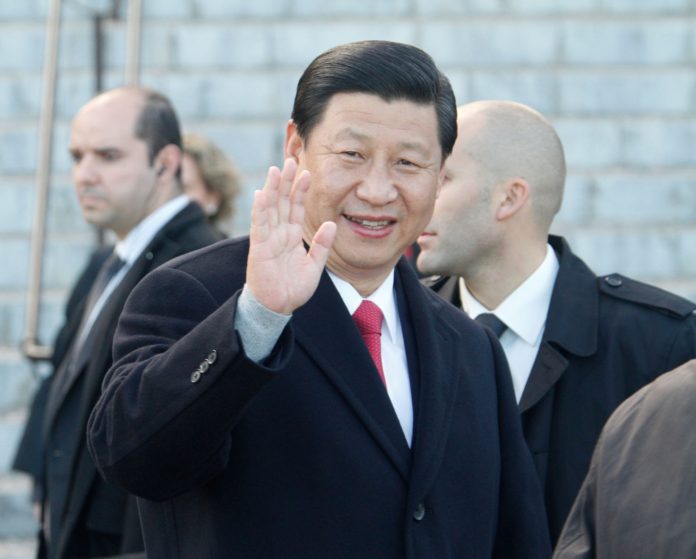The United States is one of the world’s superpowers, and therefore one of the nations with a vast reserve of nuclear weapons.
Just last week, an agreement was struck between various nations to ban the use of these nuclear weapons. The arguments presented before the United Nations argued against nuclear weapons citing the devastation that the weapons could cause as the primary influence behind the ban. Of the nations against the ban, China, the United States, and Russia were the most prominent. However, it was noted that the US had reduced its nuclear arsenal by an estimated half over the last five decades and was making more moves toward reducing nuclear weaponry around the globe.
President Donald J. Trump, speaking to the Financial Times, noted that one of these moves against global nuclear weaponry was going to be against North Korea.
Trump was quoted saying that the US would ‘deal’ with North Korea whether the Chinese helped or not. “China has great sway over North Korea,” said President Trump, “and it would benefit them to help the US combat the nuclear program. If they [the Chinese] do not help, then it will do no good to anybody.” When questioned as to whether a unilateral effort would be enough to combat the North Korean perceived threat, President Trump expressed confidence that the US could handle it. He did not disclose any further details as to how this feat would be accomplished.
President Trump’s comments come days before he is scheduled to host the Chinese President Xi Jinping in his Mar-a-Lago resort in Florida. The agenda for the meeting of the two world leaders is said to be centered on the North Korean nuclear program as well as trade relations between the two nations. The US further plans to discuss China’s claim to the South China Sea. In his feature with The Financial Times, President Trump hinted at leveraging the trade agreements to at least get China to consider aiding in the North Korean endeavor.
Should China not offer assistance in the avenue, the US can consider the option of one-country action and attack in a pre-emptive military strike. This option is not favored in the diplomatic community. Christopher Hill, who was the US ambassador to South Korea opined that such action by the military would be ‘dangerous’ and ‘unattractive,’ resulting in enormous numbers of civilian casualties. Another drawback would be that with President Kim Jong-un’s nuclear program being as developed as it is, the US would likely also suffer a return attack.
Bodies like the United Nations are urging the United States to take less drastic measures. These organizations argue for sanctions against the North Korean weapons programs as well as financial sanctions to drain the country of resources to go ahead with their nuclear program. Other forms of diplomatic pressure such as reduced food aid are also on the table.
Even with all these choices, China remains the best method of getting the North Koreans to co-operate. In the past, actions like China banning its coal imports from North Korea have shown significant loss of income to the southbound Asian country.




